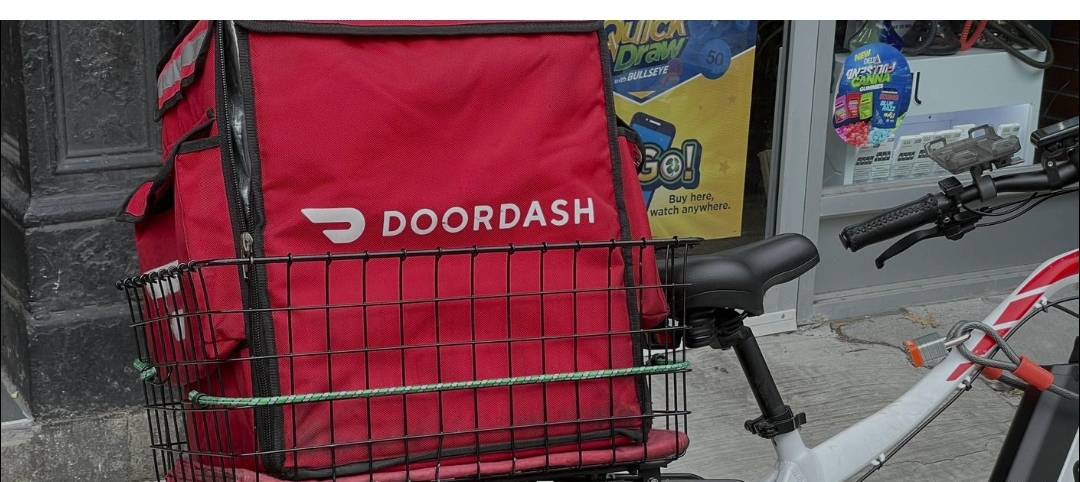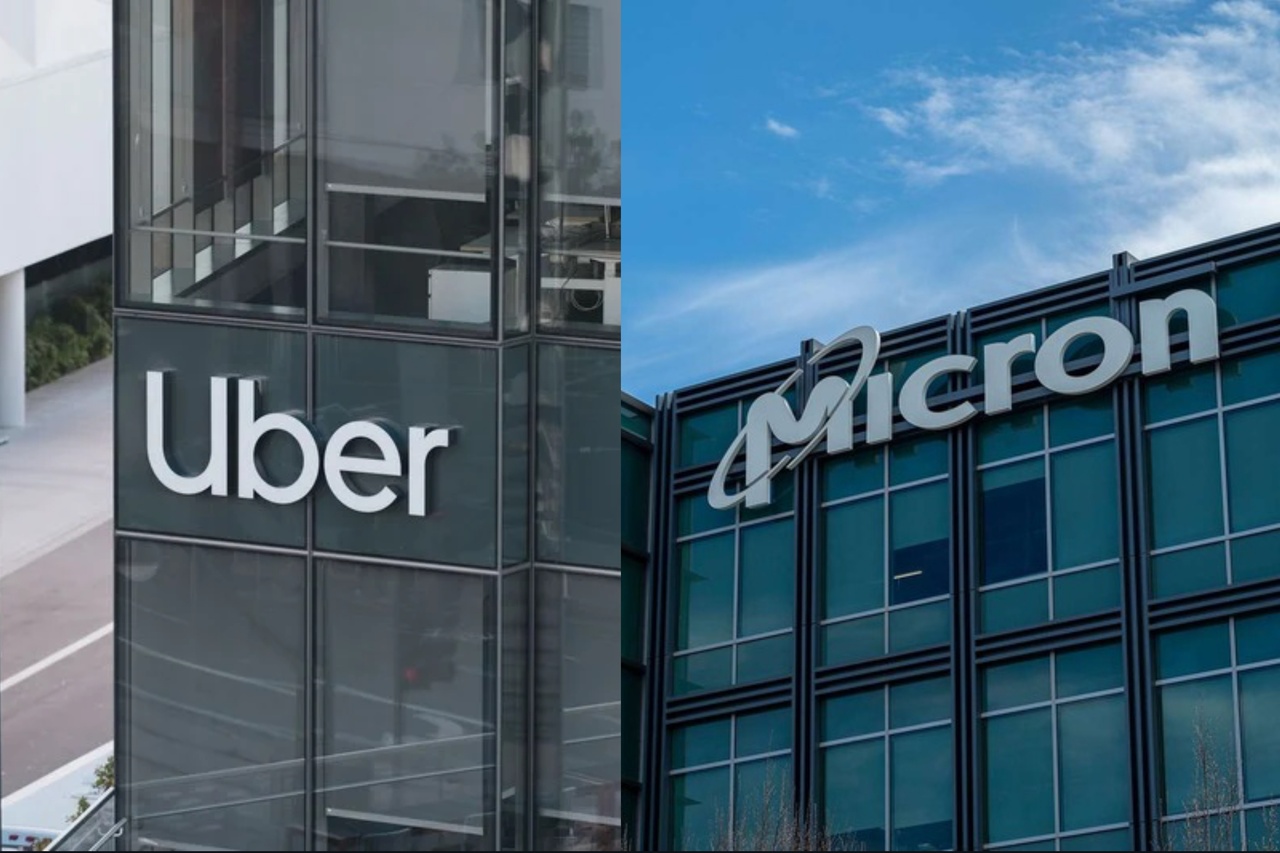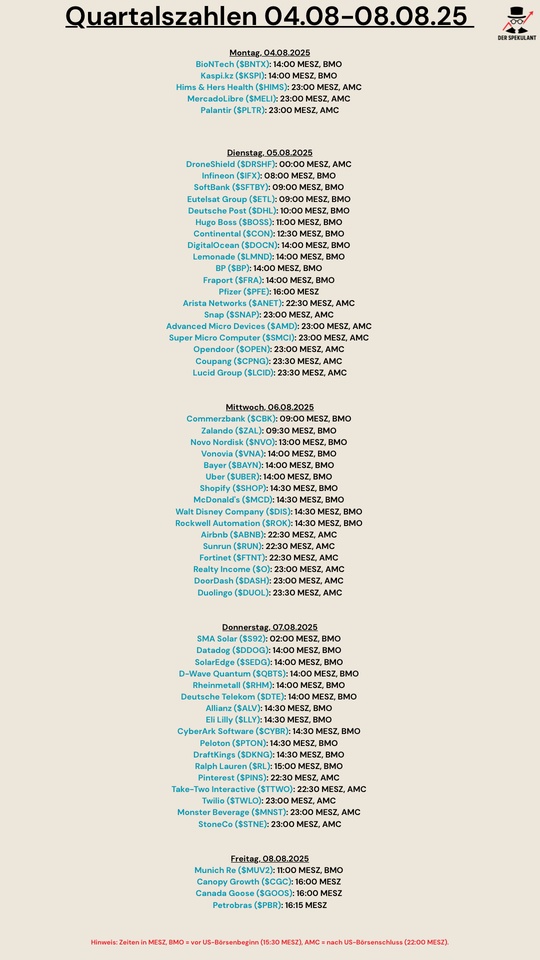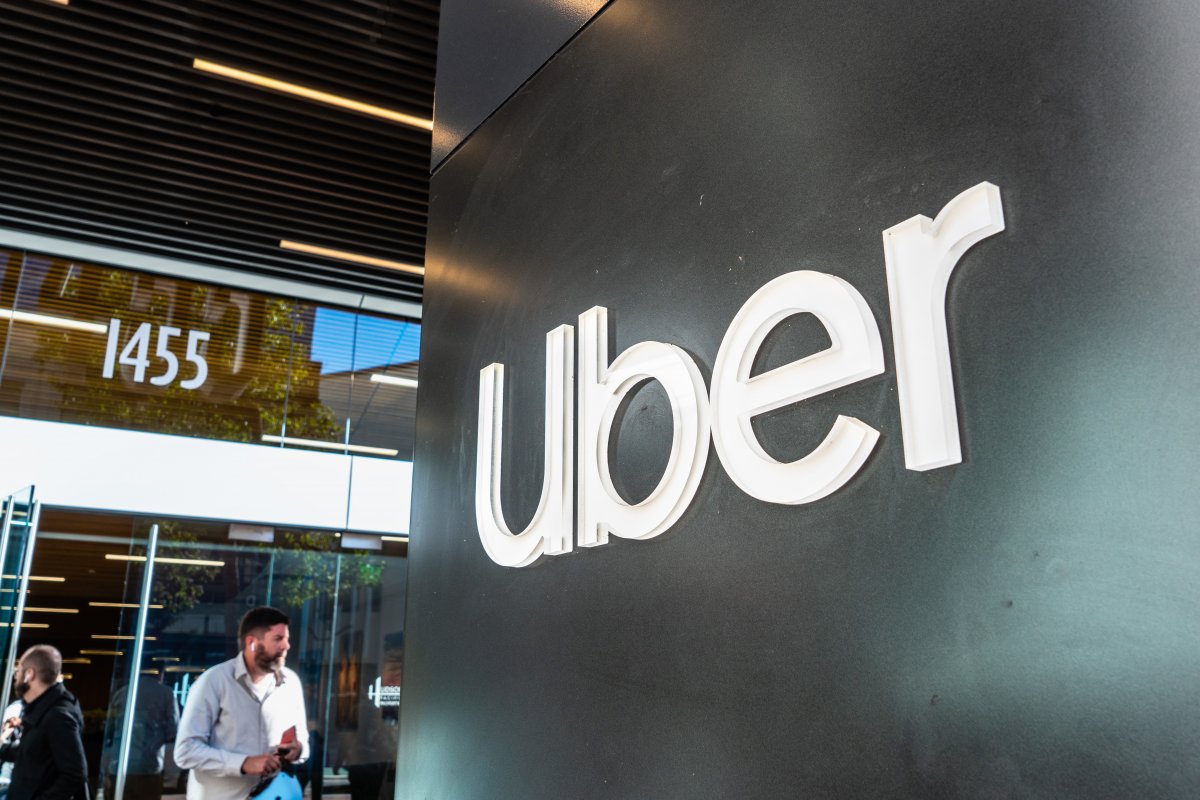$DASH (+1,28%)
The company is also presenting an autonomous delivery robot that can drive 20 miles per hour.
DoorDash has launched a new fulfillment service for retailers that builds on its network of DashMart neighborhood stores and a road-ready delivery robot.
The gig-based delivery company announced Tuesday that CVS Pharmacy and Party City are the first to use DashMart fulfillment services, with grocery chain Kroger soon to follow.
The model uses DoorDash's ( NASDAQ: DASH ) DashMart network to handle the entire process, from inventory management to picking and packing to delivery by drivers who use the company's app to take orders.
DashMart locations offer brands and local businesses an additional channel to sell their products and local shoppers access to goods such as fresh groceries, retail items, household goods and snacks.
The two models are designed to work together: DashMart stores are operated by DoorDash, while DashMart Fulfillment Services uses the same infrastructure to enable retailers to sell across all channels. DoorDash handles the logistics in the background. Essentially, it is a white-label solution that allows retailers to sell their products through the DoorDash app or their own platforms without having to manage their own logistics.
"Nowadays, consumers expect deliveries within minutes and around the clock. Many retailers and grocers need to invest heavily in logistics and technology to meet this demand. That's where DashMart Fulfillment Services comes in," said Fuad Hannon, vice president of new business at DoorDash, in the press release.
There are more than 100 DashMart locations nationwide.
Roadworthy delivery robot
Also on Tuesday, DoorDash introduced Dot, a small robot developed in-house that can drive autonomously on bike paths, roads, sidewalks and driveways to deliver groceries and small packages.
DoorDash announced that it is launching a pilot program in the greater Phoenix area, marking the beginning of its commercial rollout and paving the way for expansion into other markets.
At one-tenth the size of a car and weighing 159 kilograms, the all-electric Dot is designed for safe and fast neighborhood deliveries. It has space for six large pizza boxes, can carry up to 13 kilograms of cargo and, with a height of 1.38 meters, is highly visible to other road users - yet small enough to fit through most doorways. With a speed of up to 32 km/h, Dot can make deliveries faster and over much greater distances than sidewalk robots. DoorDash says it will help reduce car traffic on the roads and fossil fuel emissions.
"You don't always need a big car to deliver a tube of toothpaste or a pack of diapers. That's the insight behind Dot," said Stanley Tang, co-founder and head of DoorDash Labs, in a separate press release. "The breakthrough was not just to make it autonomous, but to make it reliable and efficient to meet the needs of local businesses and consumers. Dot was designed specifically for the millions of deliveries we handle every day. It's small enough to navigate through doorways and driveways, fast enough to maintain food quality, and smart enough to optimize the best routes for delivery. Every design decision, from compact size to speed to sensor technology, is based on analyzing billions of deliveries on our global platform and understanding what really moves retailers and consumers."
For navigation, Dot uses eight external cameras with 360-degree coverage (plus an internal camera to ensure transmission quality), supported by four low-cost radar units. Three low-cost automotive-grade lidar sensors (laser imaging technology for distance measurement and environment modeling).
Three high-resolution lidar sensors are currently included for situational awareness, but these will be replaced with low-cost automotive-grade lidar sensors, creating a cost-effective sensor stack that enables rapid commercial scaling.
Another DoorDash innovation is the new autonomous delivery platform, which is designed to link different delivery methods at scale. The autonomous delivery platform acts as an AI dispatcher and assigns the optimal delivery method to each order based on factors such as speed, cost, location and experience. The platform decides in real time whether to assign a delivery to a dasher (the company's term for a gig driver with their own vehicle), a dot on the road, a drone or a sidewalk robot, according to the company. The delivery company has announced that it will gradually introduce the system in various cities.
DoorDash also unveiled SmartScale, a device designed to help restaurants improve order accuracy and provide a more reliable customer experience. Developed by DoorDash Labs, SmartScale combines precise weighing technology with intelligent predictive modeling to ensure orders are accurate and meet weight requirements for new delivery methods such as drones.
Since rolling out SmartScale nationwide, DoorDash says Panera has seen a 98% improvement in delivery accuracy in test cafés, a 42% reduction in missing items reported by guests and a smoother delivery experience overall.
The company says the technology will help it meet demand as it continues to expand into new regions and support more local businesses.
https://www.freightwaves.com/news/doordash-offers-fulfillment-service-for-retailers
https://mobile.aktien-mag.de/nachrichten/chart-tweets/doordash-dash-forward-2025-event-zeigt-die-zukunft-des-lokalen-handels-neuer-autonomer-lieferroboter-dot-vorgestellt/id-155339
https://www.retaildetail.eu/news/food/doordash-unveils-dot-an-autonomous-delivery-robot-for-local-merchants/
https://www.cnet.com/tech/services-and-software/doordashs-dot-bot-will-deliver-your-food-and-it-wont-just-cruise-down-sidewalks/#ftag=CAD590a51e




















